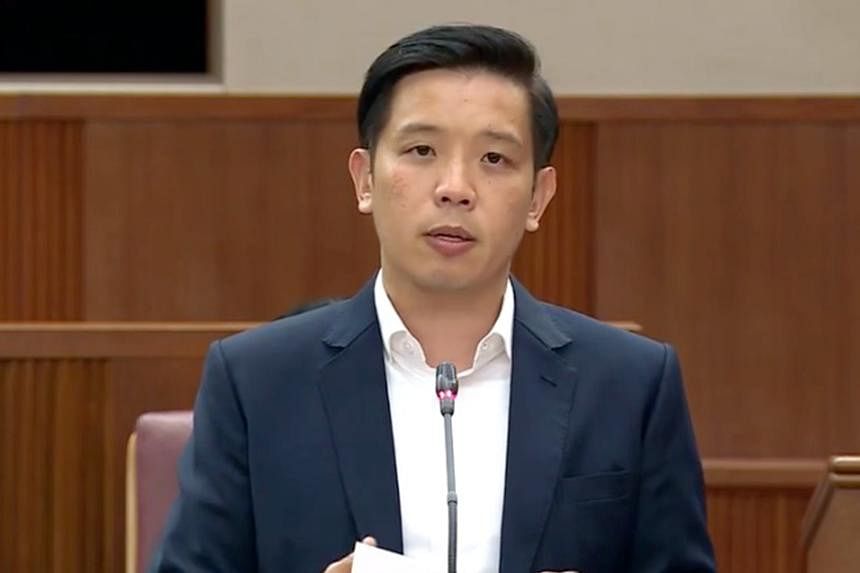SINGAPORE - The Government is open to studying the possibility of centralising some services for co-operatives, to better support them as they seek to remain relevant and serve their members better, said Minister of State for Culture, Community and Youth Alvin Tan on April 3.
He was responding to comments made by MPs during a debate in Parliament on proposed amendments to the Co-operative Societies Act, which were later passed.
Nominated MP Mark Lee had suggested the concept of sharing services to address the concerns of co-ops, which include cyber-security threats. He said this could be done through a pool of technology providers or audit firms to enable co-ops to better manage their costs.
Mr Tan said his ministry is open to exploring with industry body Singapore National Co-operative Federation (SNCF) and the sector players where centralised services can be appropriate and where co-ops find it useful.
Mr Yip Hon Weng (Yio Chu Kang) raised the issue of helping smaller co-ops to digitalise.
Mr Tan said the general approach has been to support co-ops through the CCF (Central Co-operative Fund) development grant, which gives co-ops flexibility to engage suitable service providers.
The minister added that over the past five years, the CCF has disbursed $2.7 million in grants to co-ops, including for development and training as well as to address emerging risks and needs. MCCY has also supported conferences and events organised by the federation to raise awareness of topics such as data protection and cyber security.
Some of the changes to the Act are aimed at facilitating co-op operations so they can better serve members’ interests.
Among them is a key one that allows co-ops to pay dividends and honoraria out of reserves, subject to the Registrar of Co-operative Societies’ approval. Previously, co-ops could declare dividends only from the preceding year’s surplus.
Mr Tan noted that this change is in response to feedback from the ground. Previously, if a co-op incurs a loss or makes lower profits in a financial year, members will either receive no dividends or lower dividends, even if the co-op has reserves and is financially robust.
The registrar will consider factors including the reasonableness of proposed rates compared with previous years’ and the strength of the co-op’s governance. Members’ approval must also be sought.
Mr Tan also said that the dividend cap of 10 per cent reflects a balance between providing decent returns to members and retaining funds for operations.
In another change, a Committee of Management (COM) member can receive both an honoraria and allowance. This gives more flexibility to co-ops who wish to pay their COM members honoraria as well as incidental allowances such as a transport allowance.
Mr Tan said: “Co-ops offer an additional platform for Singaporeans to come together and address society’s evolving needs. To remain relevant and have impact, they should continue to build competencies as this will strengthen confidence and enhance recruitment into the sector.”
He also urged co-op leaders to adopt a growth mindset so that they can continue to lead in a rapidly evolving environment.
Singapore has 79 co-ops, divided between credit co-ops and non-credit co-ops.
There are 22 credit co-ops serving 130,000 members. These promote savings and grant loans. Mr Tan said that as at March 31, 2023, members’ deposits in credit co-ops amounted to $823 million, and loans to members amounted to $206 million.
There are also 57 non-credit co-ops that operate in various sectors from retail to social services. An example is household name NTUC FairPrice Co-op, which aims to moderate the cost of essential goods and services.


